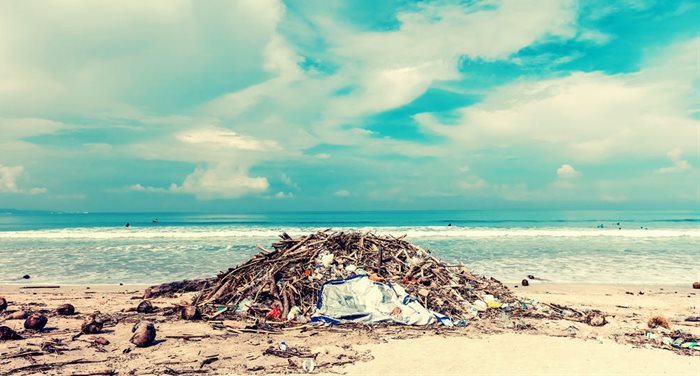
Project Smartpol, a shorter name for a project called ‘autonomous network system with specialised and integrated multi-sensor technology for dynamic monitoring of marine pollution, is a three-year project that was granted funding by the MarTera Era-Net Cofund scheme of the European Commission.
UCT’s Department of Electrical Engineering was awarded the funding as part of a consortium that includes the Yildiz Technical University and Sirena Marine Yachts Group from Turkey, AquaBioTech Group and the Malta College of Arts, Science and Technology from Malta and Interactive Software from Romania. The department will be able to access a budget of about R5.3m. Part of this will be used to fund students who will work on the project.
The idea is to have autonomous and continual monitoring of coastal areas using a combination of boats, sensors and satellites to collect data to find ocean pollution.
Mishra explains how the project will work: “We are planning to have two major ways of monitoring - an unmanned boat, to which we will fit sensors, to navigate coastal areas in a continuous manner and send us data, then we are also planning to use remote sensors for the detection of pollutants in coastal water.
“We are especially planning to work on radar satellites - radar images are good at detecting pollution like oil spills. There are cases where people take waste oil on a yacht and just dump it in the ocean. They think that nobody is watching. With the remote sensor radar images, we can detect the oil streaks.”
“In one of the items we proposed, we are going to work on a new innovation where we will be tracking the concentration of phytoplankton in ocean water. We will try to see if the concentration of phytoplankton can be used as a proxy to find the concentration of micro-plastic.”
Nicolls, Mishra’s colleague at UCT, has worked on the use of an optical camera to detect the phytoplankton concentration in ocean water and the team is trying to see if the same thing can now be used to find concentrations of micro-plastic.
Further to satellite imagery, Smartpol is set to build detailed information about ocean pollution through a combined process that will involve on-the-sea monitoring and, later, building models.
“Let’s say we see a blob from satellite data, and we think that blob is plastic pollution. How do you validate that? That is where Smartpol will help. We get ground truth data from the coastal monitoring, and with that we will be able to determine size and nature.
“From there we can build an artificial intelligence (AI) model. If we make models rigorous, in future, we should be able to rely on satellite data to identify some of the major pollution types,” Mishra said.
“The Sustainable Development Goals are like impossible floating goals - they require policy-making and things to be done - and ‘things to be done’ need to be done by engineering innovation. Without engineering innovation, we cannot achieve the Sustainable Development Goals. Policies and laws alone will not be enough,” Mishra concluded.